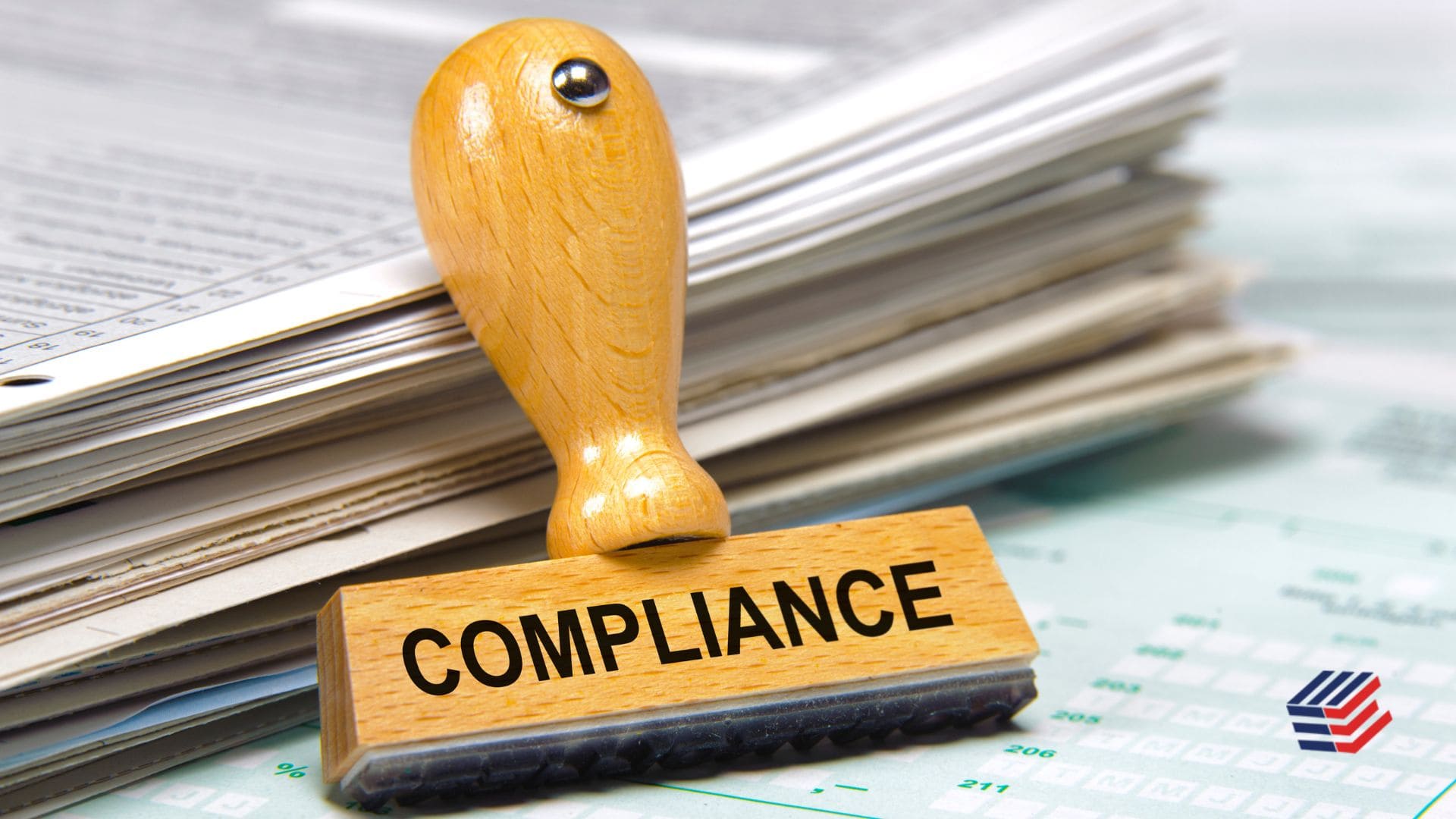Workplace romance exists when two members of the same organization develop a relationship at the workplace. As individuals spend increasing hours in the workplace, they begin to spend more time with co-workers building relationships. While employers may desire for employees to be happy, workplace romance is a highly sensitive subject, due to the lack of formal rules and policies in businesses, almost all working citizens will be somehow be connected to a workplace romance. If you put individuals with common interests together for 40-plus hours per week, office romance is bound to happen, experts say. Much research and study has gone into finding whether a relationship at worksite would hamper the effectiveness of an employee or hinder it and the various trends followed.
It has been found that a chance meeting after work, a shared lunch break or staying late to work on a project together may be reasons for more than one-third of full-time U.S. employees to have made a romantic connection in the workplace.
Moreover research findings show that:
- 18 percent reported having dated co-workers at least twice in their career.
- 12 percent reported that their relationship started when they ran into each other outside of work.
- 8 percent said they work with someone they would like to date; 11 percent of men and 4 percent of women indicated this.
- 6 percent left a job because of an office romance.
What should the management do in such instances
- Lessening the chance for office gossip by informing co-workers or supervisors personally before posting photos and status updates about the relationship on your social media site.
- Making professionalism your mantra by keeping interactions low-profile and not letting dating issues affect work performance and the performance of those with whom you work.
On the downside workplace romances can lead to accusations of poor judgment, breaches of ethics, favoritism, lost productivity, poor employee morale, sexual harassment claims and even workplace violence. The key question to be addressed would be the role HR or the company would have to play in office relationships – in restricting or encouraging them. Most experts warn against forbidding office romance altogether. They see it as futile. However it would be advisable to create a workplace policy that states acceptable workplace relationships to decreasing sexual harassment litigation risk as well as reducing perceptions of favoritism. Also creating a forum to discuss professional workplace behavior can remove ambiguity and questions with regard to workplace relationships and behavior.

